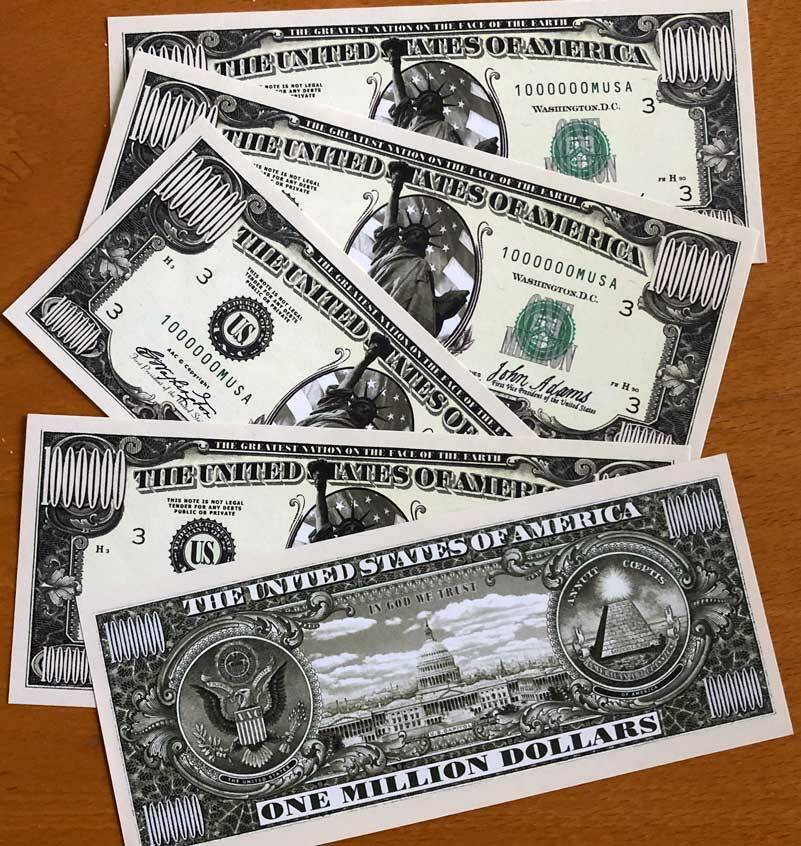By Morf Morford
Tacoma Daily Index
The term “poor people with too much money” was used many years ago to describe the lowest economic rung of what used to be called Third World countries.
These were essentially the poorest of the poor – but many of them had cash – and little else.
How could it even be possible for “poor people” to have “too much money”?
Aren’t “poor people”, by definition, those with little or no money? As with everything, especially now, it is complicated.
In 2022 we have Russian billionaires (AKA oligarchs) who are, thanks to international sanctions, “cash poor” and have been unable to access their wealth (in spite of multiple bank accounts across several tax havens bulging with millions, if not billions of dollars).
Meanwhile, in America, (and Canada and most of Europe) many of us, young people in particular, find themselves “House poor” which is a common expression used to describe people who are dedicating too much of their budgets on housing, leaving them with too little to spend on everything else.
It can also refer to those who are getting too little housing for nearly half of their incomes.
But either way, housing sucks up money that could be otherwise invested in the community, other businesses or toward further education.
Most poor people don’t look poor
In a society where middle, even upper class, young women wear ragged jeans, it can take a practiced eye to sense one’s economic status.
Same with neighborhoods.
In the old days (as in almost every previous era of history), poor people lived in low income areas and the wealthy lived in nicer (and usually much quieter) areas.
In our times, people with money, especially young or artistic types, often buy older homes, or even abandoned factories or warehouses in not-so-desirable areas to rehab into other uses from shared work spaces to performance venues to cooperative living.
And in what had once been enclaves for the wealthy, those large homes in leafy neighborhoods, have become quasi-permanent housing for their children – and often grandchildren. In 1960 for example, only 29% of young people stayed with their parents. By mid-2020, during the COVID pandemic, 52% were living with their parents, and we all know that percentage has only increased since then.
This allows young families to save for their own homes, and is perhaps unintentionally, returning many of us to what had been the most solid and common family structure for the vast majority of human history – the extended family.
The younger members of these families might inherit these homes, or they might move out on their own. Or they, or their parents, might turn the houses into an Airbnb or VRBO.
But either way, unlike previous eras, many times there is no logical/linear connection between where many people live and their income.
Those with means may choose to downsize, those with limited means might join with others and buy a larger home as an investment, a shared work space or even as a business venture.
Housing prices have forced many of us to be creative. We have neighborhoods of McMansions – and tiny homes.
As Russian oligarchs and “poor people with too much money” know all too well, there is far more to “wealth” than money.
The word “wealth” is one of those words, like “success” or “happiness” that, when you look closely, defies description – or at least a common definition.
Miserable people with too much money are the fodder of much of our fiction.
Poor families or neighborhoods, or immigrant communities, often with little more than each other, hold entire categories of “wealth” most of us will never know.
Recognition, appreciation or even just being known in your neighborhood is far beyond any cash value.
Feeling safe and welcomed is outside of the scope of the dollar sign.
And it would be easy to make the argument that there is minimal correlation between income (and hours worked) and levels of life-satisfaction.
A few years ago, when I was more actively involved in my neighborhood, my wife, exasperated by how much time I was spending at gatherings and meetings, blurted out, “You excel at things that don’t pay!”
She was correct, of course.
For whatever set of reasons, my skill base rarely intersects with remuneration.
But I am convinced that more of us would have a higher level of life satisfaction – and our neighborhoods (and schools) would be far more appealing (and safe) if more of us were involved because we wanted to be – not because we were paid to be there.
I just can’t avoid the conviction that the world would be a far better place if more of us would excel at (and spend more time doing) things that don’t pay.
There’s a place between too much money and not enough, where we find the ever moving target where we, our communities and even our destinies converge and are fruitful and welcoming.
I know too many people with serious money who tell me that it breeds insecurity and distrust more than anything else.
They, perhaps even more than “poor” people I know, find themselves defined, even constrained by money.
Money, my friends with and without it agree, buys comforts and offers more choices.
But friendship, meaning and a sense of satisfaction and belonging?
You won’t find them glistening under any blue-light special.
You are on your own.





